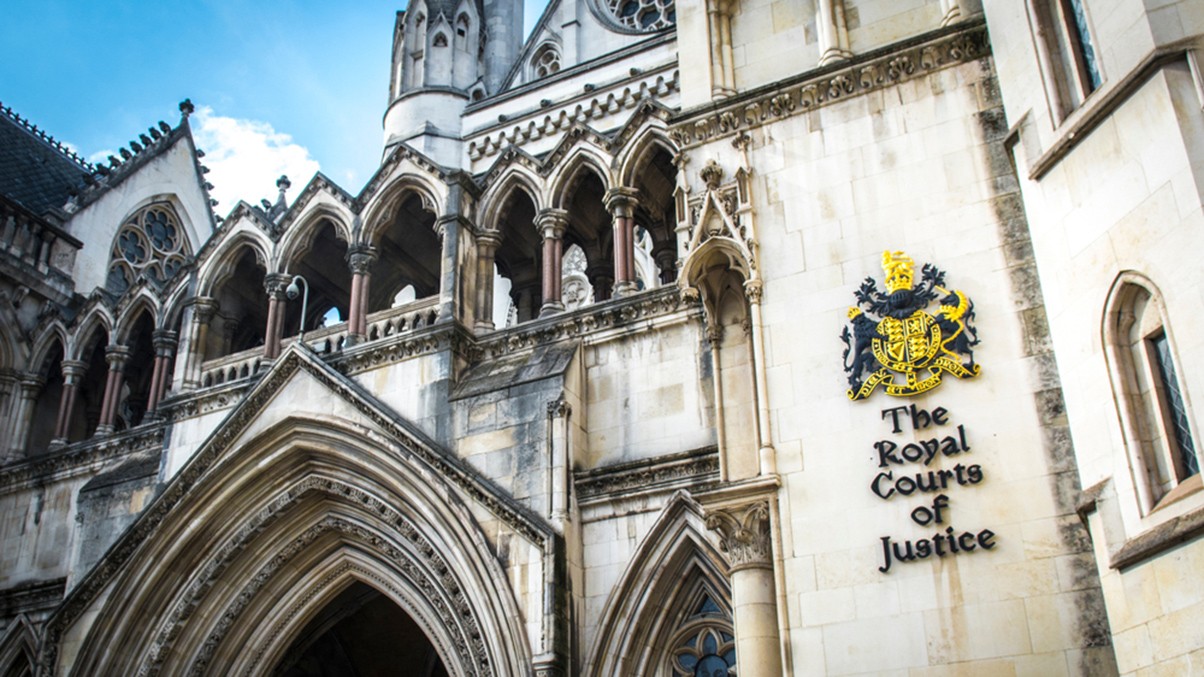A recent High Court judgment provides important guidance on when and in what circumstances a majority shareholder can bring an unfair prejudice petition pursuant to s994 of the Companies Act 2006.
In this article, partners Laura Jenkins and Alex Lerner, and trainee solicitor Iola Reynolds, review the decision in Sean Ronnan & Anor v Richard Stansfield & Anor [2025] EWHC 2034 (Ch).
Background
Rumour Bar & Club Limited (the “Company”), incorporated in October 2021, had three shareholders: Mr and Mrs Ronnan (55% together) and Mr Stansfield (45%). All three individuals were directors of the Company, meaning that Mr and Mrs Ronnan were also a majority on the board of the Company at all relevant times. The Company operated as a bar and nightclub that opened on 28 August 2022, but was subsequently closed by Mr Stansfield on 3 June 2023 following a breakdown in his relationship with Mr and Mrs Ronnan.
On 20 December 2023, Mr and Mrs Ronnan brought an unfair prejudice petition (the “Petition”) alleging serious misconduct on behalf of Mr Stansfield, including misuse of company assets; mismanagement of the lease; exclusion of other shareholders; and asset stripping for the benefit of a related company controlled by his brother.
Mr and Mrs Ronnan alleged that trust between the shareholders had irreparably broken down and that the value of their shares had been significantly reduced, if not eradicated, as a result of Mr Stansfield’s actions. They sought a buyout of their shares based on the Company’s valuation prior to June 2023.
First instance decision
Mr Stansfield applied to strike out the Petition for abuse of process. He argued that because Mr and Mrs Ronnan could control both the board and the Company in general meeting, they could use that control and their position as majority shareholders to cause the Company to take steps in its own name against Mr Stansfield’s alleged defaults.
Mr and Mrs Ronan argued in response that the cumulative effect of Mr Stansfield’s action rendered them practically unable to do anything about Mr Stansfield’s conduct such that the facts established an exceptional case, which entitled them to a remedy pursuant to s994 of the Companies Act 2006.
District Judge Matharu dismissed Mr Stansfield’s application and concluded that the gravity of the allegations arguably rendered Mr and Mrs Ronnan “powerless”. The effect in practice of the allegations therefore needed to be investigated at a trial.
Appeal
Mr Stansfield appealed. The key issue was whether an unfair prejudice petition by majority shareholders may be justified where they face practical difficulty in using their control of a company to remedy misconduct by a director by other means, as opposed to facing a legal impediment to doing so.
The appeal was heard by Mr Justice Fancourt, who found that the appropriateness of a s994 petition brought by a majority shareholder depended on four matters:
- the nature of the prejudice alleged;
- whether a company can, in principle, take steps to remedy that prejudice;
- whether the petitioner can cause the company to take the necessary steps to bring about that remedy; and
- what the appropriate remedy is.
Only in an extreme case, such as where a company has been stripped of all of its assets (permanently damaged or even destroyed) and left with no access to cash reserves, thereby having no practical ability to bring a claim (or being insolvent), might a petition be the only realistic claim. In most other circumstances a company would likely have other choices, rendering a petition an inappropriate remedy.
In short, to bring a petition, a majority shareholder would need to establish that it was practically impossible, and not just practically difficult, for a company to use its corporate control to pursue a more appropriate remedy in addressing prejudicial conduct.
Mr Justice Fancourt held that, on the facts, Mr and Mrs Ronnan had not proven that it was practically impossible for the Company to pursue another remedy. On the contrary, it had other viable means open to it to recover assets or seek compensation. The appeal was allowed and the petition was struck out.
Conclusion
Mr Justice Fancourt rightly noted that “It [was] very unusual for a s994 petition to be presented by a majority shareholder (or shareholders) seeking relief that the minority buy out the shares of the majority…in general, where an appropriate remedy lies in the hands of the majority, a petition is inappropriate…The position is stronger still where the majority not only have voting control in general meeting…but already has a board majority…”
Unfair prejudice petitions are, in the main, principally intended for cases involving abuse of corporate control where the petitioner has no other recourse. Nevertheless, Mr Justice Fancourt did not rule out the possibility of a majority shareholder pursuing an unfair prejudice petition altogether, but only where it is practically impossible for the majority to do otherwise. Such cases will, inevitably, be exceptional.
This judgment shows the importance in corporate disputes of promptly seeking strategic legal advice that considers not only litigation, but also the enforcement or application of the shareholders’ or directors’ contractual and statutory rights.
You can find further information regarding our expertise, experience and team on our Commercial Litigation page.
If you require assistance from our team, please contact us.
Subscribe – In order to receive our news straight to your inbox, subscribe here. Our newsletters are sent no more than once a month.







